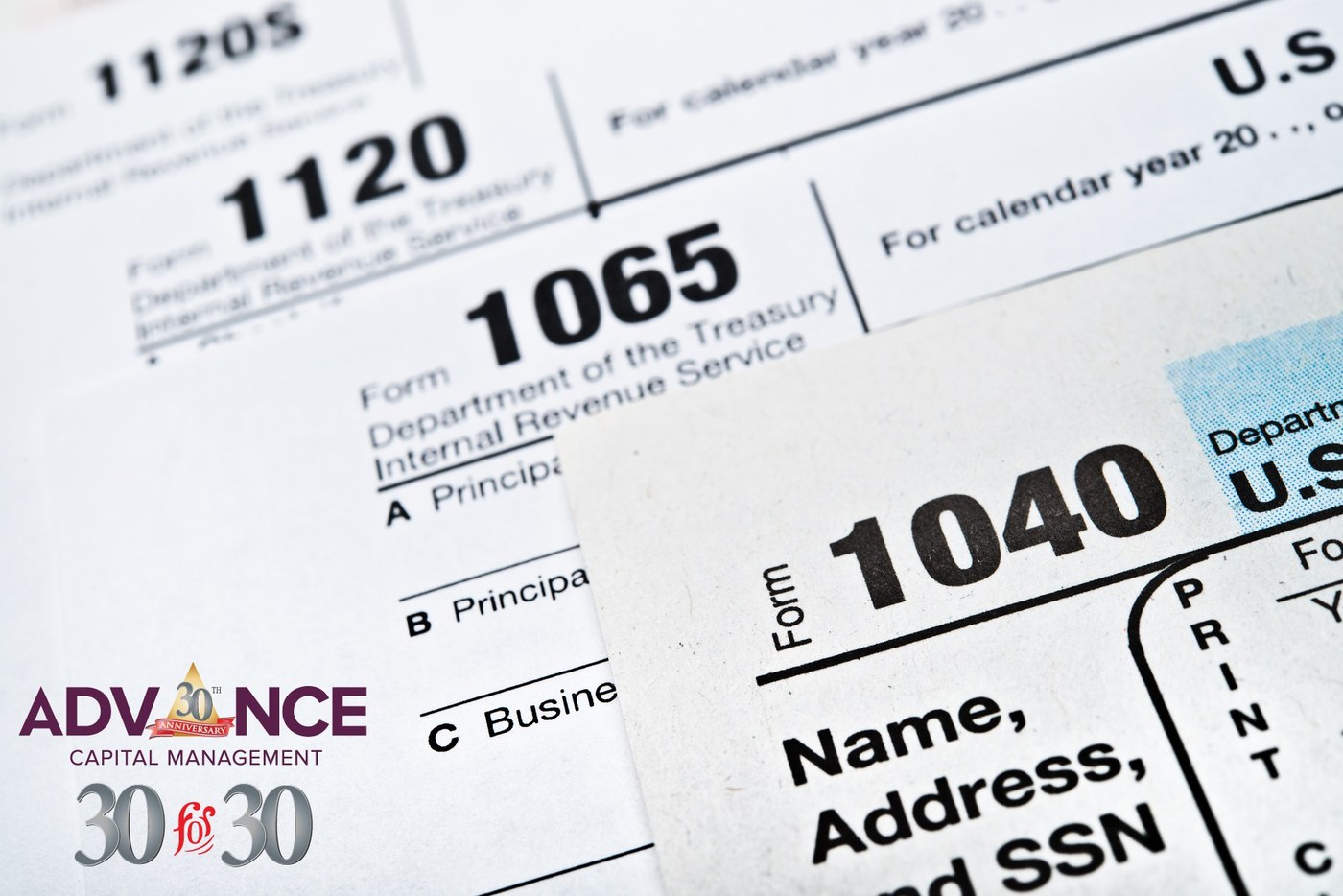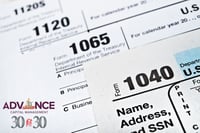Save on Taxes Simply by Understanding Them
March 11th, 2019 | 4 min. read

 I enjoy reading tax law…said no one ever.
I enjoy reading tax law…said no one ever.
Tax law isn’t what many of us would call fun reading material. It is long, complex and intimidating. Fortunately, with the advent of tax software, you don’t need to be a tax expert to file your return.
However, a basic understanding of how taxes work can help you save on taxes each year and maximize your income for future financial goals. While it’s your duty to pay your share, you also don’t want to financially hurt yourself by giving too much to Uncle Sam.
TAXES EXPLAINED
Let’s review the basics. Taxes are levied by the federal, state and local governments. They pay for things most of us use, such as roads, law enforcement and public schools. Everyone is required to pay them, and they are usually deducted right from your paycheck.
Taxes are also meant to induce certain behaviors, acting either as a carrot or a stick. For example, you can earn tax credits for donating to charity (good!), whereas you are penalized for taking money from your retirement savings early (bad!).
COMMON TYPES OF TAXES
There are many, and we mean many, tax laws. In fact, the federal tax code is 74,608 pages long. Which tax laws apply to you depend on many personal factors, including your income, financial assets, marital status and profession. Here are some common types of taxes that apply to most people:
Payroll Tax
This is the money taken out of your paycheck that goes toward federal and state taxes, Social Security and Medicare withholdings (otherwise known as FICA), and various other local taxes.
Income Tax
Probably the most well-known tax, this is the amount you pay to the federal government and the state based on your earnings. Income taxes are automatically withheld from your paycheck. Unless, you are an independent contractor or freelancer, which makes you responsible for setting aside the appropriate amount that you owe.
When you file your tax return, you’ll determine if you’ve paid too much, in which case the government pays you a refund, or you’ve paid too little, in which case you must pay the government.
Sales Tax
In most states, whenever you make a purchase you pay a sales tax, which you can find printed on your receipt. Sales taxes vary from state to state.
Capital Gains Tax
This is a tax on the profit you earn on the investments that you sell. For example, if you purchased a stock for $80 and sold it for $100, you pay the government a tax on the $20 profit.
The tax rate depends on how long you’ve owned the investment. If you’ve owned it for less than a year, then you’ll pay short-term capital gains taxes, which is equivalent to your ordinary income tax rate. But, if you’ve owned the investment for a year or longer, you qualify for long-term capital gains taxes, which are typically at a lower tax rate.
Property Tax
If you own a home or other real estate, you are taxed on its value and the property it sits on. You must pay this tax no matter if you own your property outright or not. Property taxes are paid to local governments. You pay them semi-annually, but they are often included (impounded) in your monthly mortgage payments.
WAYS TO HELP SAVE ON TAXES
Now that you know how taxes work, it’s time to apply your knowledge and save money. Here’s a few ways you can save on taxes:
1. Choose the right withholding amount
Again, a portion of each paycheck you receive is withheld for taxes, which effectively lets you pay incrementally over the year rather than all at once in April. How much is withheld depends how many allowances you claim on the W-4 form that you usually fill out on your first day at a new job. Each allowance you claim reduces the tax amount withheld from your paycheck.
If you fill it out wisely, you’re more likely to pay almost exactly what you owe in taxes—instead of paying too much or too little. Ask your HR manager for help or use the withholding calculator located on the IRS website. Also, you shouldn’t hesitate to revise your W-4 if your situation changes or you realize you’re withholding too much or too little.
2. Maximize your tax-advantaged retirement accounts
Retirement accounts such as 401(k)s or individual retirement accounts (IRAs) are tax-deferred. They are funded with money from your paycheck pre-tax, meaning it is not taxed like the rest of your paycheck. That helps lower the amount of income you have to report to the IRS, which can help lower your tax bill.
Those tax savings can add up. You don’t pay taxes on that money until you withdraw it; generally, when you are retired and in a lower tax bracket.
If you’re young, you should consider saving in a Roth IRA. With a Roth IRA, you pay taxes on your contributions and then withdraw money tax-free. This may make sense for you since you are now likely in a lower tax bracket than you will be later in life.
An important thing to remember is that you’re not allowed you withdraw money from a retirement account before age 59 ½. If you do, you may have to pay an early withdrawal penalty on top of the ordinary income tax that applies.
3. Get as much as you can with pre-tax dollars
In addition to retirement account contributions, you may be able to pay for things such as transportation costs and child care through your employer with pre-tax money. If your company offers flexible spending or health savings accounts, you can even use pre-tax income to pay for medical care. Speak to your HR department to find out what is available to you.
Finally, if taxes weren’t complicated enough, one additional thing you should remember is that tax law is always subject to change. Lawmakers can modify it at any time. Therefore, it’s important to stay up to date on the rules and the ways you can save on taxes.
Advance Capital Management is a fee-only RIA serving clients across the country. The Advance Capital Team includes financial advisers, investment managers, client service professionals and more -- all dedicated to helping people pursue their financial goals.
